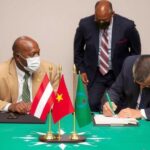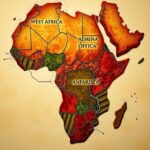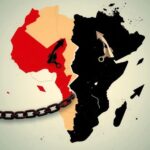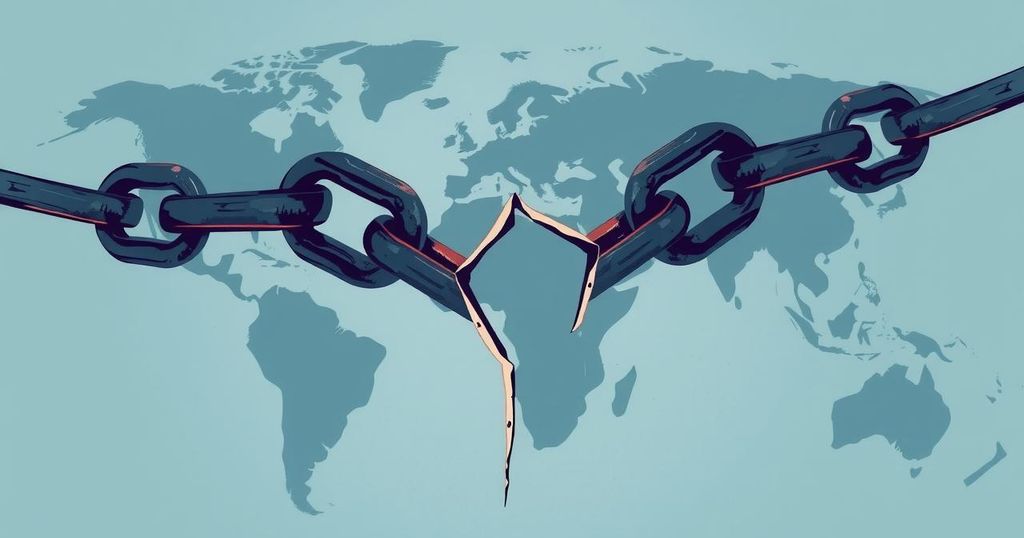Politics
AFRICA, ALLIANCE OF SAHEL STATES, ASIA, BAZOUM, BURKINA FASO, CHINA, COUP, ECONOMIC COMMUNITY OF WEST AFRICAN, ECONOMIC COMMUNITY OF WEST AFRICAN STATES, ECONOMIC INTEGRATION, ECOWAS, EUROPE/ASIA, IRAN, MALI, MILITARY COUP, MOHAMED BAZOUM, NIGER, OF SAHEL STATES, OMAR TOURAY, REGIONAL AFFAIRS, REGIONAL COOPERATION, TURKEY, WEST AFRICA
Dante Raeburn
Niger, Mali, and Burkina Faso Officially Withdraw from ECOWAS
Niger, Mali, and Burkina Faso have formally withdrawn from ECOWAS amid rising tensions following the 2023 Niger coup. The nations accuse ECOWAS of failing to address internal security issues and have formed the Alliance of Sahel States. Despite the withdrawal, ECOWAS encourages continued trade and recognition of their national passports and remains open for future engagement.
The Economic Community of West African States (ECOWAS) has formally acknowledged the withdrawal of Niger, Mali, and Burkina Faso. This decision follows a year of escalating diplomatic tensions related to military coups and disagreements over national governance, indicating a significant change in the regional political landscape.
The deteriorating relationship stems from the July 2023 coup in Niger, which removed President Mohamed Bazoum from power. ECOWAS’S insistence on reinstating Bazoum and threats of military intervention have been viewed as exacerbating the already strained ties.
Niger, Mali, and Burkina Faso have accused ECOWAS of neglecting its duty to protect member states and aligning too closely with foreign entities. They specifically criticized the organization for its inadequate response to internal security crises, including jihadist violence and armed gangs affecting their regions.
In an effort to address these pressing security challenges, the three nations established the Alliance of Sahel States. This confederation aims to enhance cooperation among themselves while strengthening military and diplomatic relationships with Russia, Turkey, and Iran.
In response, ECOWAS President Omar Touray emphasized that the bloc’s decisions are rooted in “regional solidarity” and concern for citizen welfare. He invited the trio to a technical meeting and expressed the intention to keep the possibility of rejoining on the table for the future.
Despite their official withdrawal, ECOWAS has encouraged its remaining members to recognize passports from Niger, Mali, and Burkina Faso. The organization has also advocated for the continuation of trade relations with these countries as the situation evolves.
Significant public support for the withdrawal has been witnessed in Niger and Burkina Faso, reflecting local dissatisfaction with ECOWAS’s handling of regional security issues. Thousands participated in rallies endorsing the exit from the bloc.
Founded in 1975, ECOWAS faces mounting challenges to maintain its influence and unity amid rising military takeovers in West Africa. Although a six-month grace period was extended to consider the decision, the withdrawal will officially take effect by January 2025.
The withdrawal of Niger, Mali, and Burkina Faso from ECOWAS marks a notable shift in the political dynamics of West Africa. The coup in Niger that led to this development ignited longstanding tensions due to differing views on governance and military intervention. As the region grapples with internal security issues and foreign influence, the formation of new alliances illustrates a significant realignment of power among these nations.
The formal withdrawal of Niger, Mali, and Burkina Faso from ECOWAS is indicative of deeper regional rifts following the Niger coup. The response from ECOWAS underscores challenges in maintaining unity while addressing security concerns. As these nations pursue alternative alliances, the landscape of West African cooperation is undergoing a transformative shift that may redefine relations moving forward.
Original Source: currentaffairs.adda247.com







Post Comment